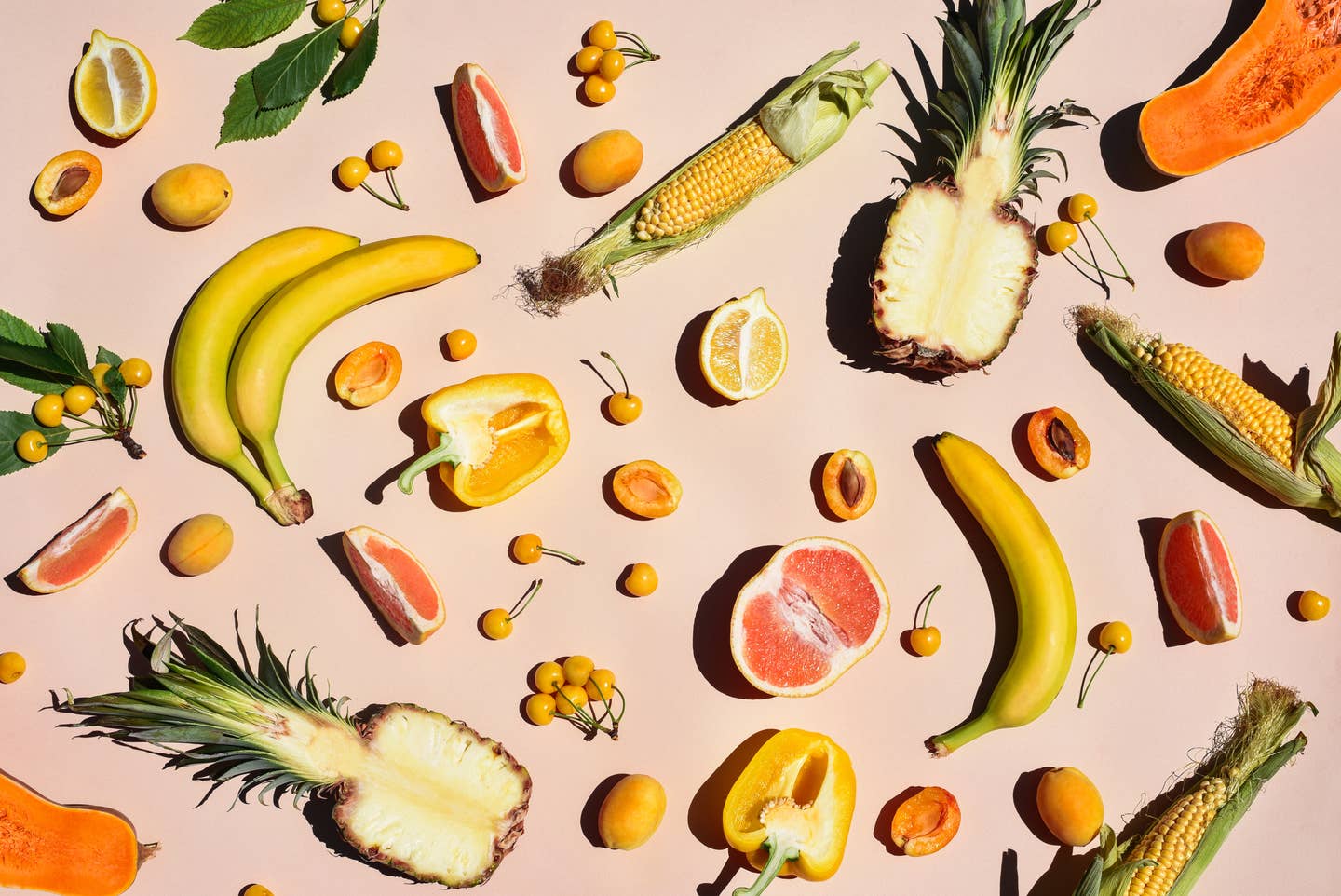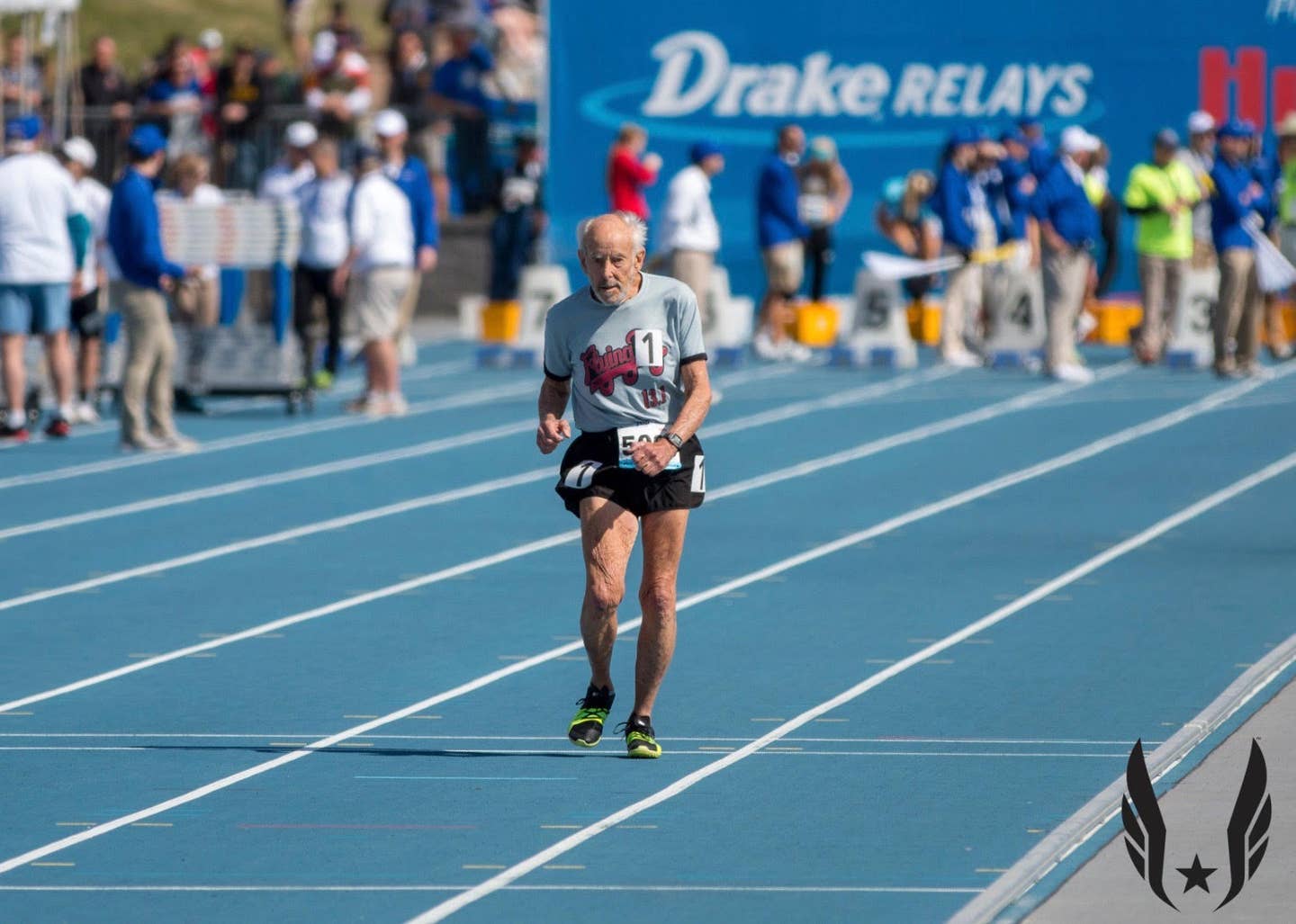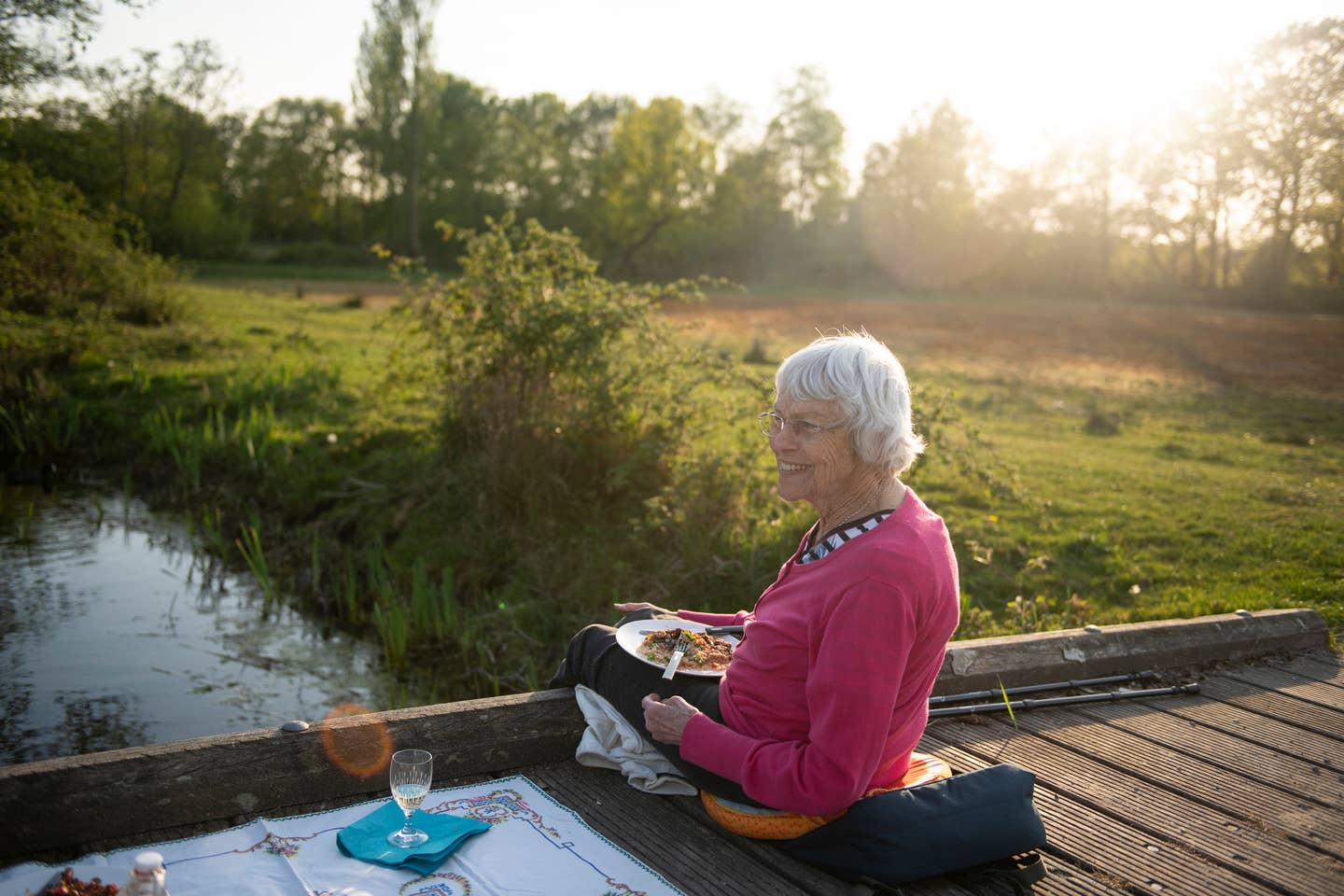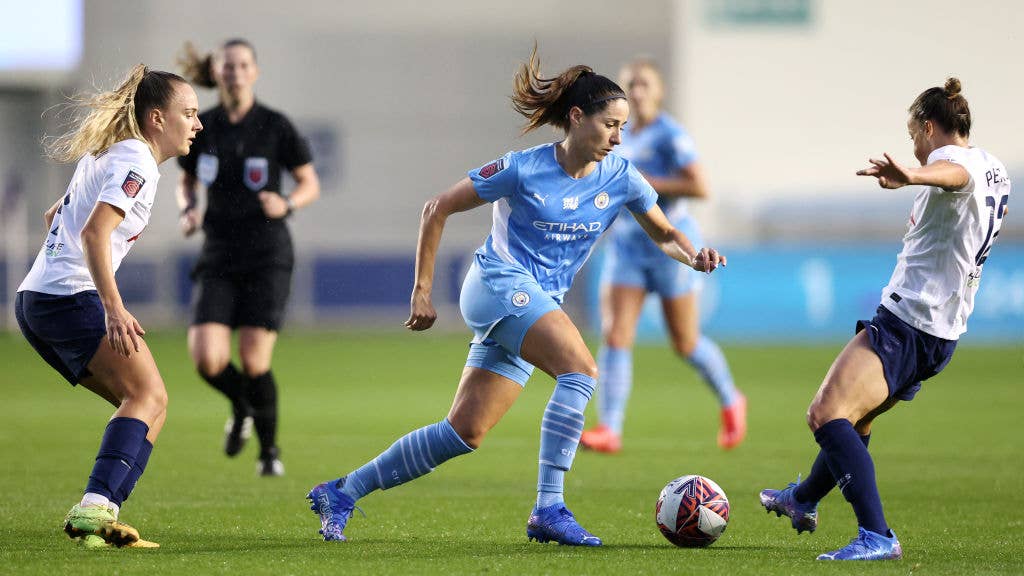
This Doc Reversed Pre-Diabetes by Going Plant-Based & Exercising. Here’s How
Dr. Shivam Joshi, was a busy young New York City resident when he found out that not eating healthy and taking care of himself had led him to have pre-diabetes, a condition shared by 80 million Americans, most of whom have no idea that they are putting their body in danger of developing full-blown diabetes. As a physician, he took the necessary steps to get healthy, reversed his pre-diabetes by eating a whole-food plant-based diet, and now wants to share how he did it.
His first step was switching over a whole foods diet. When he realized that his health was at stake he decided to make drastic changes to his diet, and now he teaches his patients what to look out for when adopting a plant-based approach to eating especially this upcoming holiday season. Dr. Joshi exemplifies how the power of plants can heal and nourish the body, reverse, and prevent diseases like pre-diabetes.
The Beet: You wrote that being a doctor meant no time to workout and eat healthily. What was your wake-up call?
Dr. Joshi, Like a lot of new physicians, a busy residency left me with little time for exercise or a balanced meal. I'd never been overweight, but suddenly my waistline was expanding. But I wasn't too worried – after all, I was only in my 20s. What could a few temporary pounds do to hurt me? It was a story I had often heard from patients, only now it was playing out in my own life.
Dr. Joshi: I was an unhealthy vegetarian. During my residency, I ate the unhealthy vegetarian options that my hospital cafeteria had to offer, such as Cuban toast, mac and cheese, pizza, french fries, and potato chips. I started to rethink what I was eating after reading about how much diet can affect our health––even while we're young.
But to my surprise, I learned at a routine checkup that I had prediabetes – elevated blood sugars – that can eventually progress to diabetes if untreated. Over time, without proper management, diabetes can take a toll on your entire body. There are few other diseases as destructive as diabetes and fewer as common. Diabetes already affects nearly 30 million Americans with another 84 million, or one-third of adults in America, with prediabetes. And 90 percent of those with prediabetes don't even know they have it. After learning that I had high cholesterol and prediabetes, I then transitioned to eating more whole foods while continuing my plant-based diet.
The Beet: What were some healthy strategies most helpful in your transition to a healthier plant-based diet?
Dr. Joshi: The single most important strategy for me was learning why certain foods were unhealthy. If I understood why a certain food was unhealthy, then I could start translating that knowledge into action. After that, I think it was the availability of black bean patties, which then formed a staple of my diet for several years.
So many people think that fruit is unhealthy because it contains natural sugar but in fact if you eat the whole fruit and not the juice you get so much fiber and other nutrients that it actually helps lower your A1-C and overall diabetes risk.
The Beet: Besides a plant-based diet, what other strategies helped you reverse your prediabetes?
Dr. Joshi: Other strategies I found helpful were eliminating fried and sugary foods including chips, desserts (cookies were a big vice of mine), in addition to being mindful of my physical activity and my stress levels. Stress can contribute to conscious and unconscious eating. Physical activity not only helped reverse my prediabetes but also reduced my stress levels. During my residency (7 years ago), I bought a bicycle to ride after work in Miami, which ended up resulting in some of the most scenic and relaxing bike rides I've done.
The Beet: What kept you motivated to keep going and how long did it take?
Dr. Joshi: I did it gradually. I took approximately 5 years to become a vegetarian, and then it took me another 3 years to become vegan. During this time, I was transitioning the quality of my diet from unhealthy to healthy, which also took several years. I gave myself patience. If I had a setback, I didn't beat myself over it. I knew I was moving closer to a healthier person because I recognized my setbacks.
The Beet: What drove you to inspire others to regain their health with lifestyle changes?
Dr. Joshi: I was inspired by seeing so many other Indians and Indian-Americans, like friends, family, and my patients, struggle with their own health problems. While lifestyle diseases have declined among Indians for the better part of the 20th century in their native country, that is not really the case now. Regardless of location, our diets are unhealthy with the heavy use of fried foods, ghee, refined flours, and now Westernized foods. This dietary pattern, when combined with a decline in physical activity, is a perfect recipe for type 2 diabetes, high blood pressure, high cholesterol, obesity, and other health problems. Given the lifestyle emphasis of these diseases, a large proportion of cases can be treated and even reversed with lifestyle changes.
TB: The holidays are coming up. What advice do you have for other plant-based eaters?
Dr. Joshi: Eat holiday foods during the holidays! This Thanksgiving, my fiancé and I will have a small pumpkin or pecan pie, something we do not eat at any other time of the year. In my opinion, the strategy should be to eat as healthy as you can during the year, but during the holidays eat unhealthy foods in the smallest portions and as infrequently as you are comfortable with. Don't deprive yourself, but don't feel the need to get a second helping of pie just because it's in front of you. The best resources are available online or on credible Instagram accounts. That's the best part of the digital age. For absolute beginners, Forks Over Knives is a good resource.
TB: What is the advice you give your patients regarding adopting a healthy diet?
Dr. Joshi: Now, more than ever, is a good time to start eating healthy. With so many things closed or unavailable, you have more time on their hands to learn how to cook and to eat healthily and exercise. If being stuck at home doesn't lead you to exercise and cook healthy meals, nothing will!
TB: Did your interest in plant-based lifestyle spark your specializing in nephrology?
Dr. Joshi: My interest in nephrology started during my first year in medical school for reasons separate from the diet. My plan was to be a transplant nephrologist, but after realizing the impact of diet and lifestyle on the main causes of kidney disease (diabetes and hypertension), I changed course to be a preventive specialist, where I emphasize the prevention of kidney disease and delaying it's progression if it has happened. A big focus of mine now is plant-based diets in kidney disease. I give talks nationally and do research on this subject.
TB: What is your favorite plant-based meal? Snack?
Dr. Joshi: My favorite plant-based meal is a zoodle bowl with soy crumbles. My favorite snack is a banana or a bowl of blueberries.
TB: What is your mantra? Or words you live by?
Dr. Joshi: Make the foundation of your diet whole, unprocessed plant-based foods. If 80 or 90% of your diet is built on fruits, vegetables, whole grains, lentils, nuts, and seeds, then the remaining 10-20% is up to your discretion!
Here is something I love to tell people, which I would want to leave you with:
In 1925, Frederick Banting, the co-discoverer of insulin, warned humanity during his Nobel Prize lecture, "Insulin is not a cure for diabetes; it is a treatment." This holiday season, more than 90 years later, we would be wise to ask for healthier, plant-based options and not for more insulin.
More From The Beet






